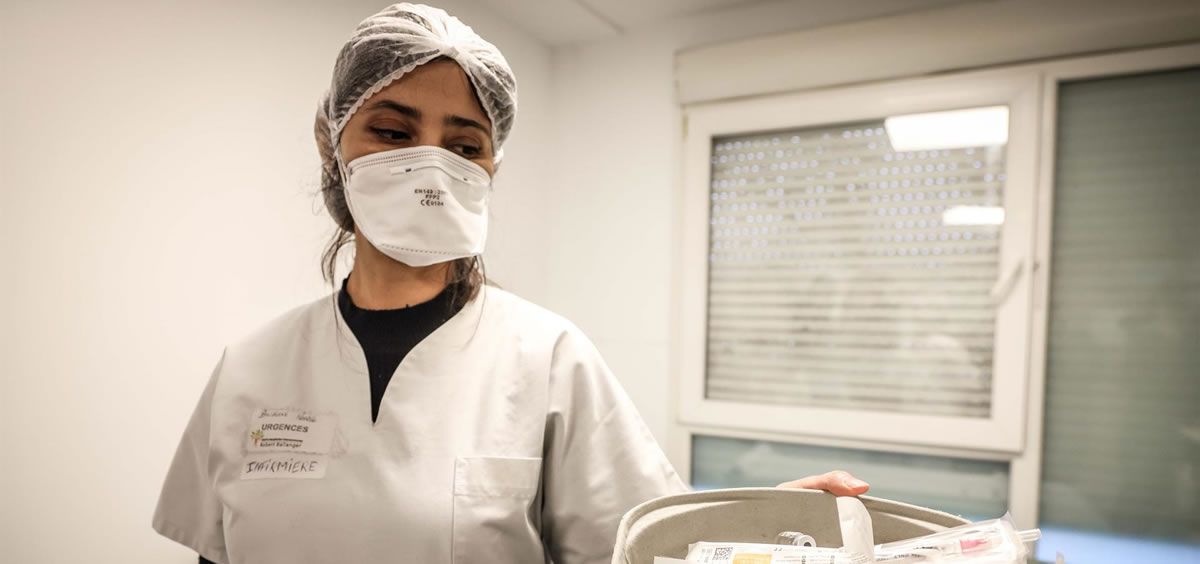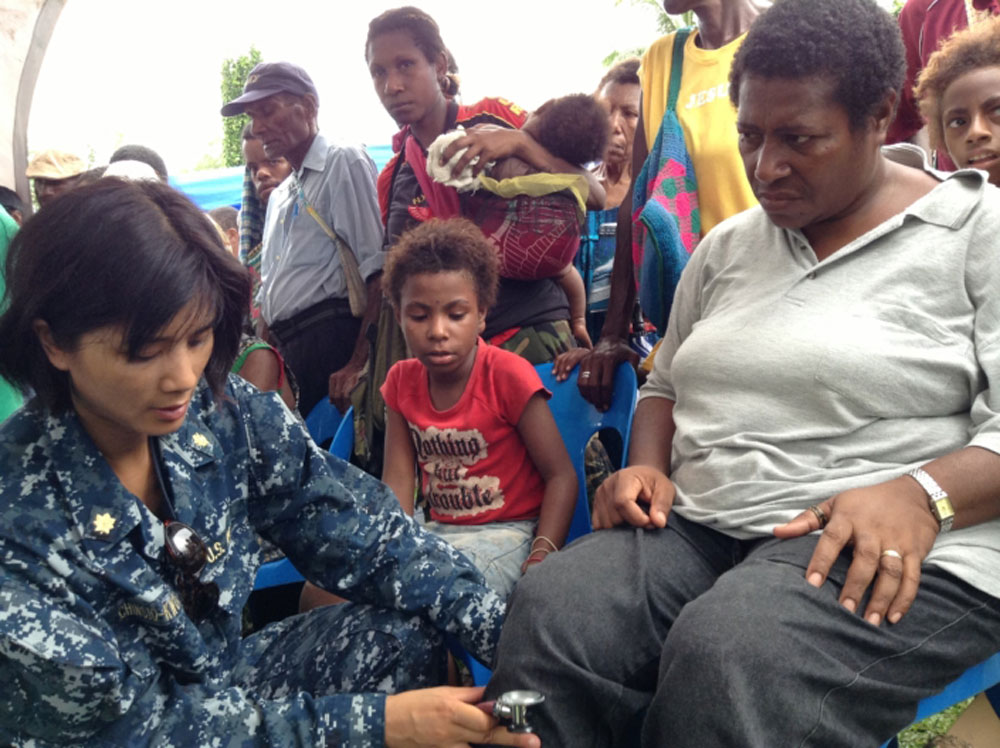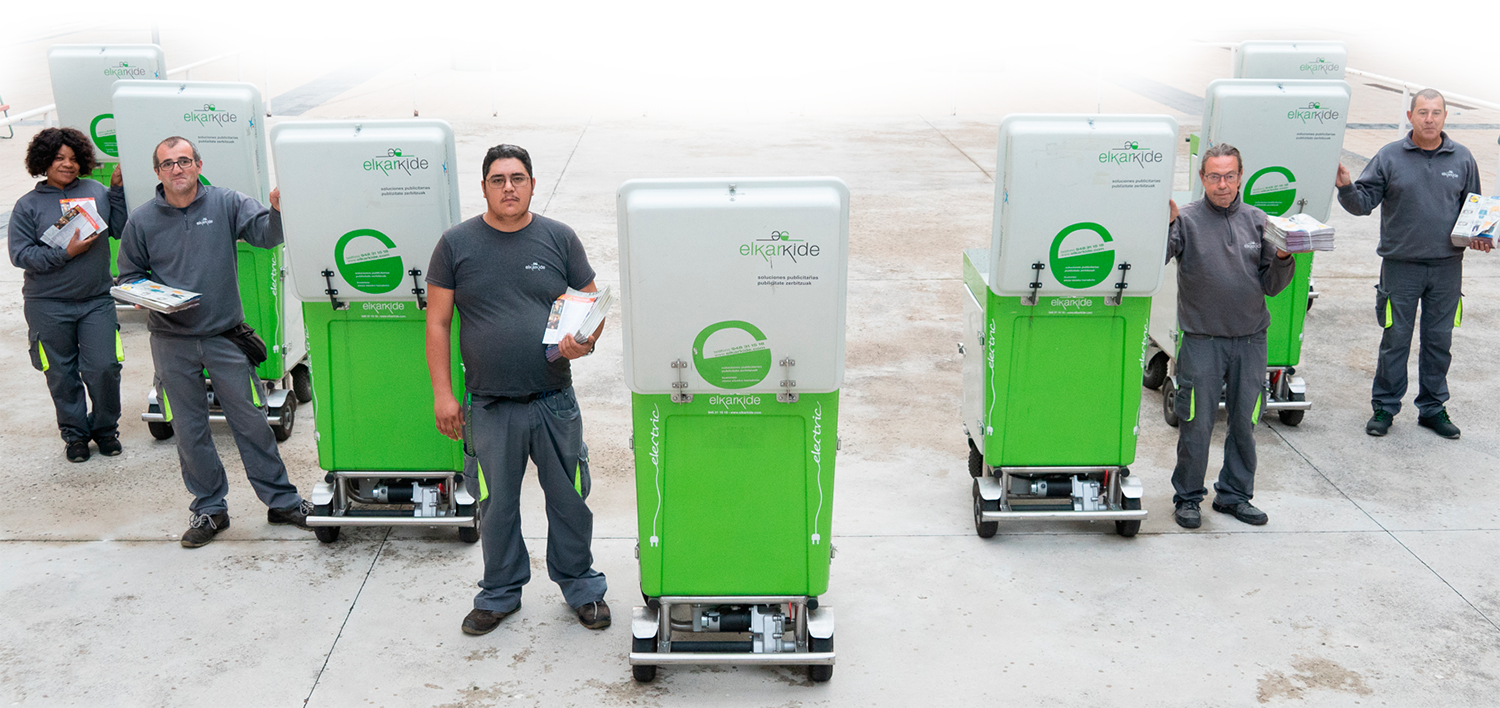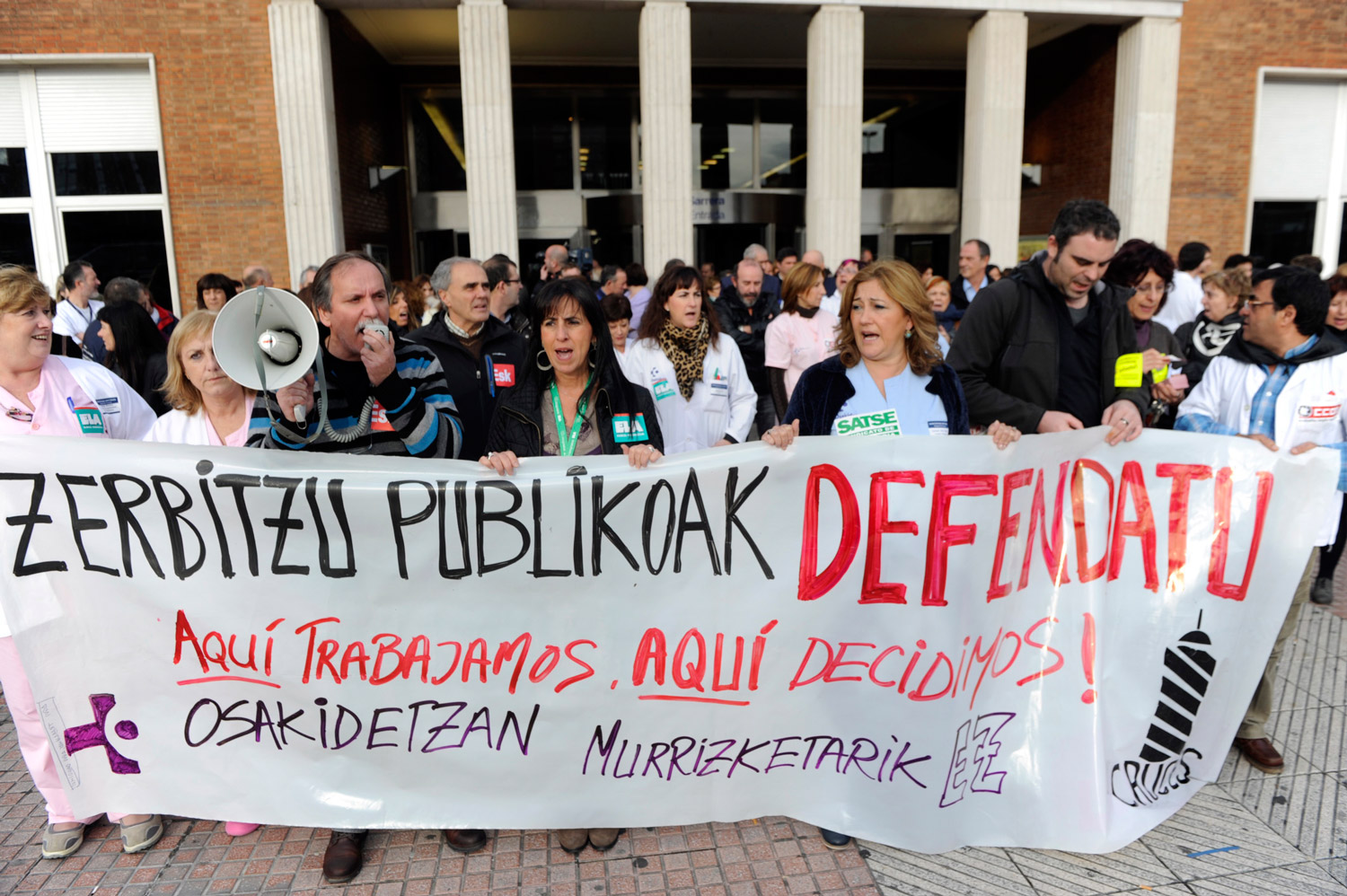Lack of midwives and uncertainty
- Midwives at Cruces Hospital denounce the lack of midwives at the hospital to safely care for pregnant people and newborns.

Midwives at Cruces Hospital in Bilbao report that in some shifts there is one, two or three fewer midwives. For example, there were two fewer midwives on 24 December, 25 minus three, 28 minus three, 3 January minus one and 5 minus. Consequently, they say that there are not enough midwives to care for pregnant people and newborns with “safety” and “quality”.
There has been talk with the Hospital Personnel Directorate and the Nursing Directorate to seek a solution, but Osakidetza has not yet taken any action. They therefore encourage users to make complaints. They also express their concern about the people who give birth: "We know that women and children are the ones who suffer the most."
After giving birth at Cruces Hospital, Izaskun wanted to tell her experience but did not want to give her surname. He says that in general the delivery was “good”: “I had fears, like going badly, not following my delivery plan and other things, but I didn’t have much complication.” However, he became emotionally “very hard”: “I felt uncertainty, fear, stress and nervousness because I knew there were few midwives and that if there were problems it could be dangerous.”
"Some women have had to end a C-section because midwives have had to go to someone else's care."
In Izaskun's words, not giving "quality" care is a violation of rights and a clear indicator of male violence: "Especially women don't give enough importance, it seems they don't care about our health." It denounces that people's lives are at stake: "Women, other people and children are putting their lives at risk."
She believes that the lower presence of midwives makes them feel "more vulnerable" during pregnancy and childbirth: "In addition to concerns and fears about pregnancy, we must assume responsibilities that do not correspond to us, such as worrying about the quality of care".
Angry and concerned
Despite her concern, Izaskun has acknowledged the work of midwives and other health professionals: "I don't have any complaints, because I've been very lucky with midwives, but it shouldn't be a matter of luck." Although not having many difficulties at the time of delivery, he said it has been "very hard" for other people: "Some women have had to end up with a C-section because midwives have had to go to another person."
However, it points out that it is not the workers' fault: "I know midwives are not responsible and do what they can, but we're angry because Osakidetza doesn't take action."
Bi erizainetatik batek lanean eraso sexistak jasaten dituela azalerazi du Erizainen Ordenak joan den urte bukaeran egin ikerketak. 21.000 erizainek ihardetsi dute, sektore pribatu, publiko eta liberaletik. Hauetan 2.500 gizonak dira.
These were my last words when we left, held hand in your deep breathing sleep. Your heart stayed forever without a special, simple, dignified pain. As you want and demand. How we want and respect.
Already a month before the arrival of winter, the last days of the longest night,... [+]











.jpg)
.jpg)






.jpg)